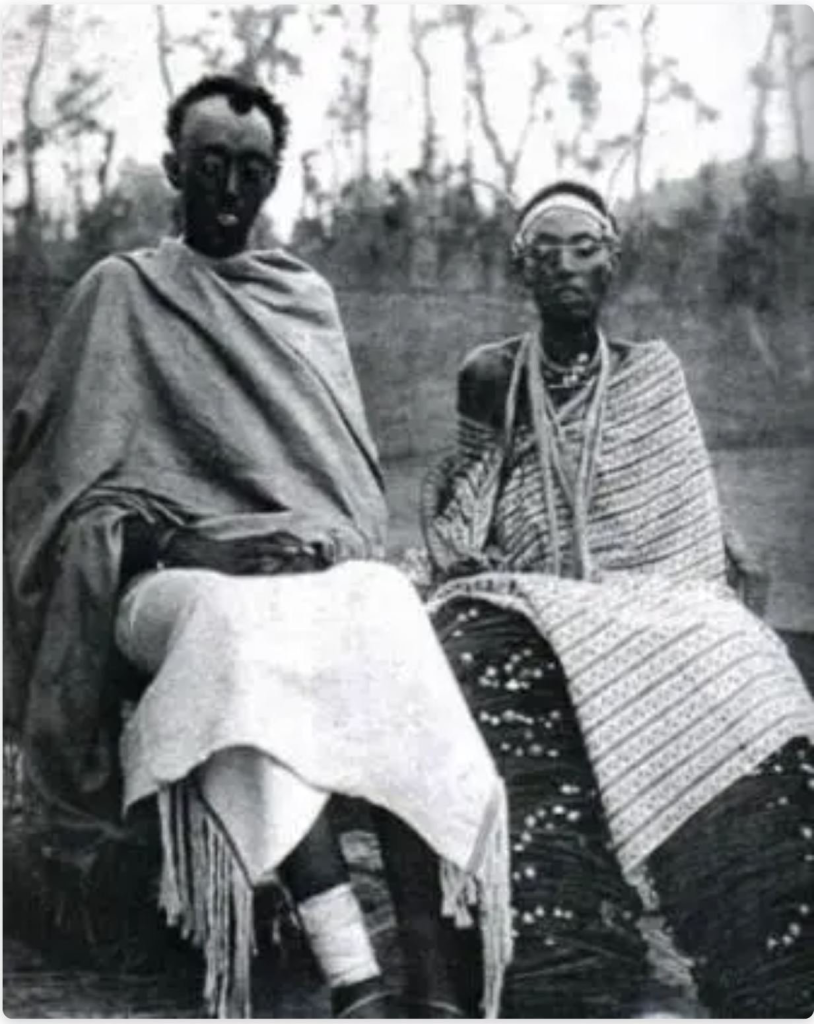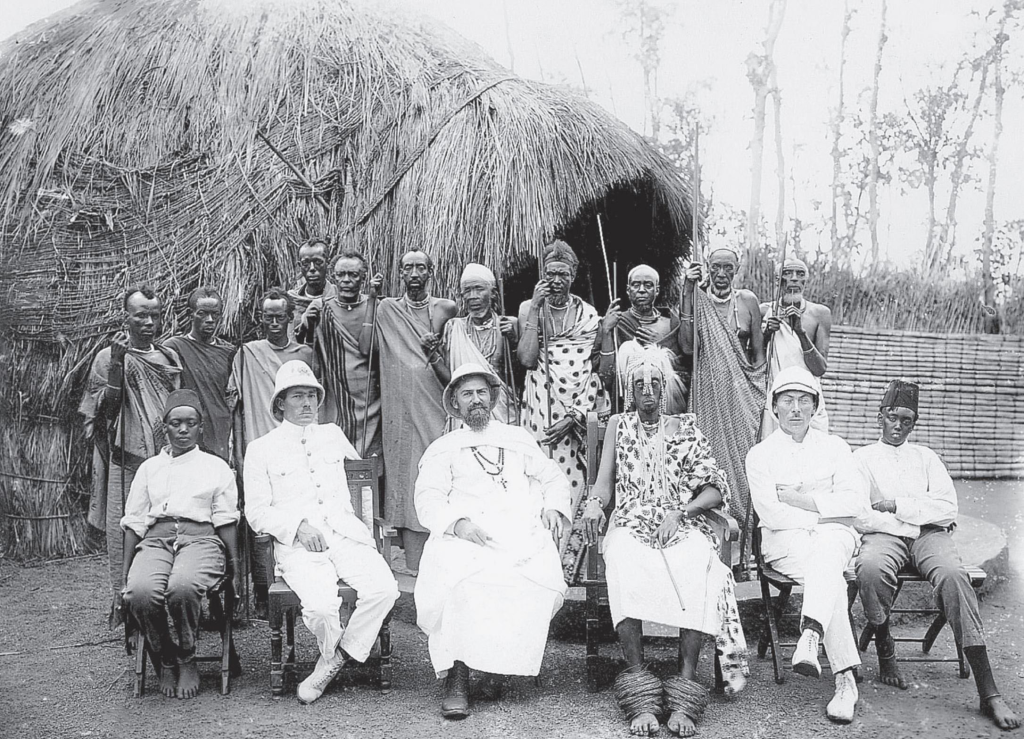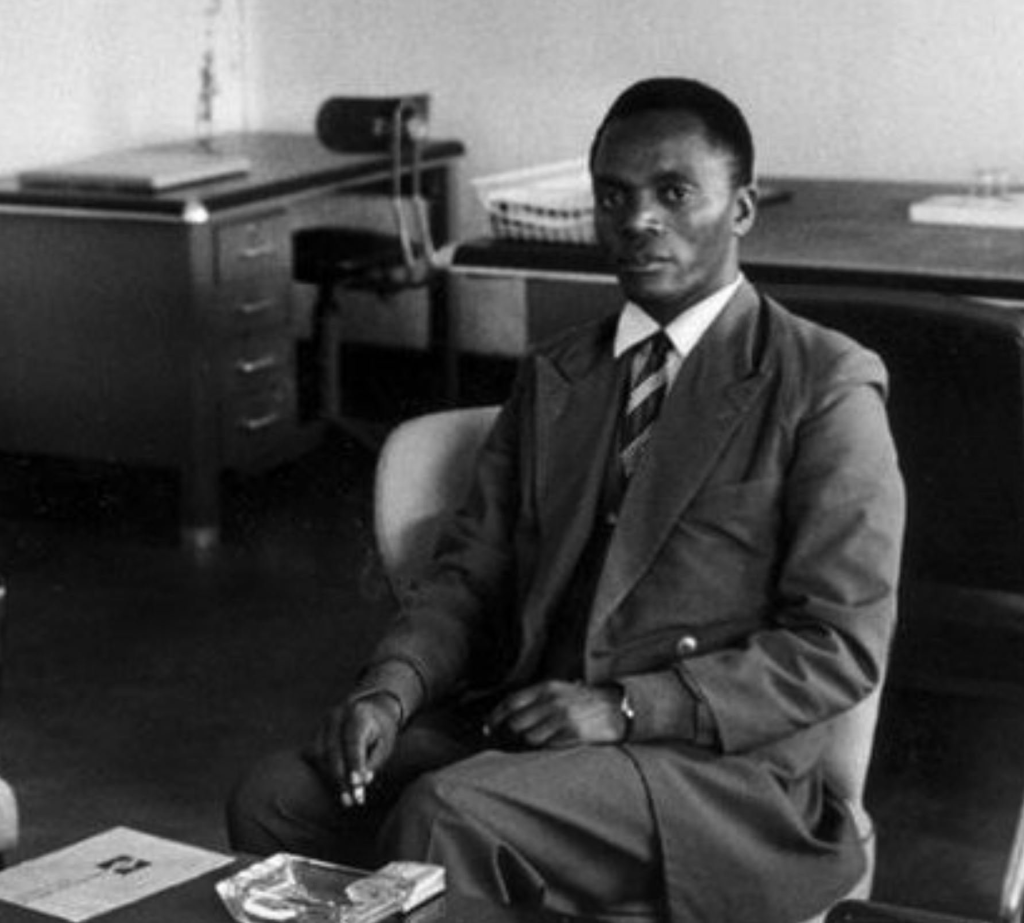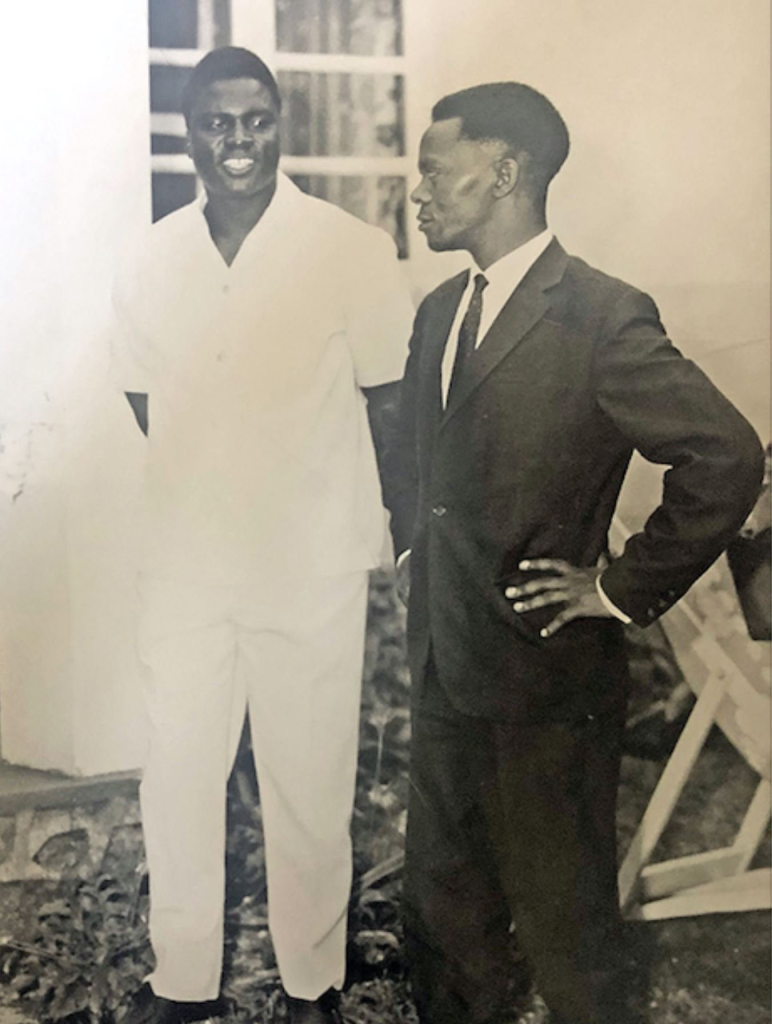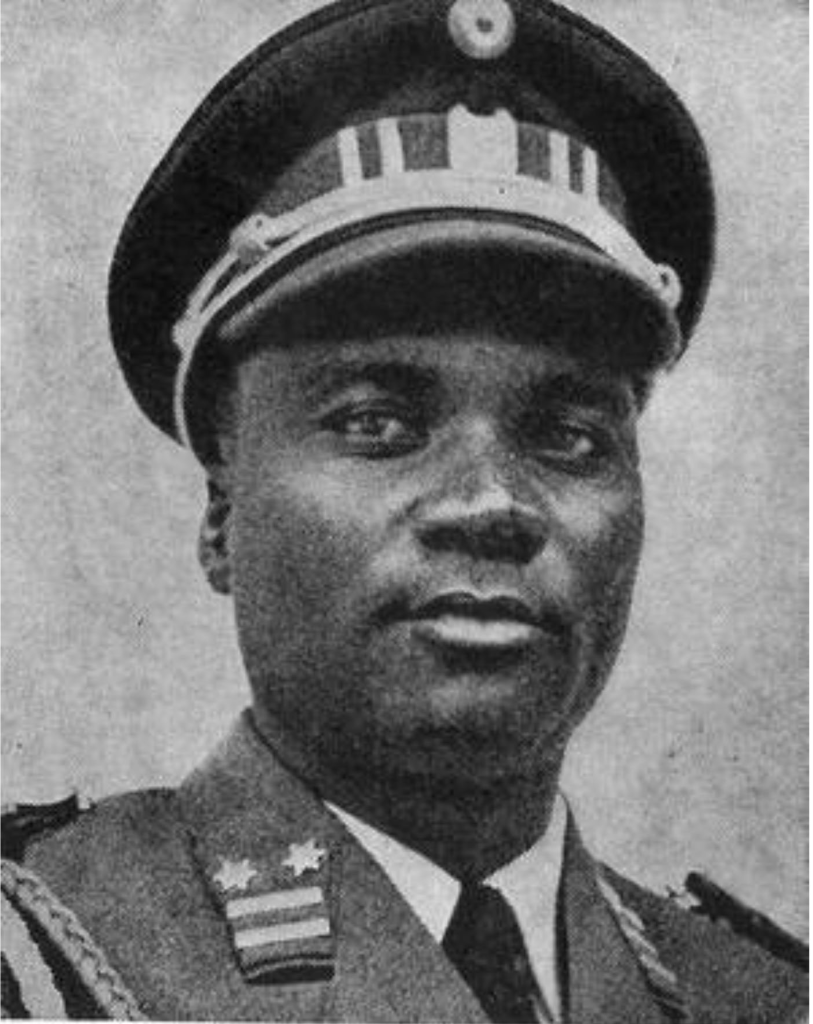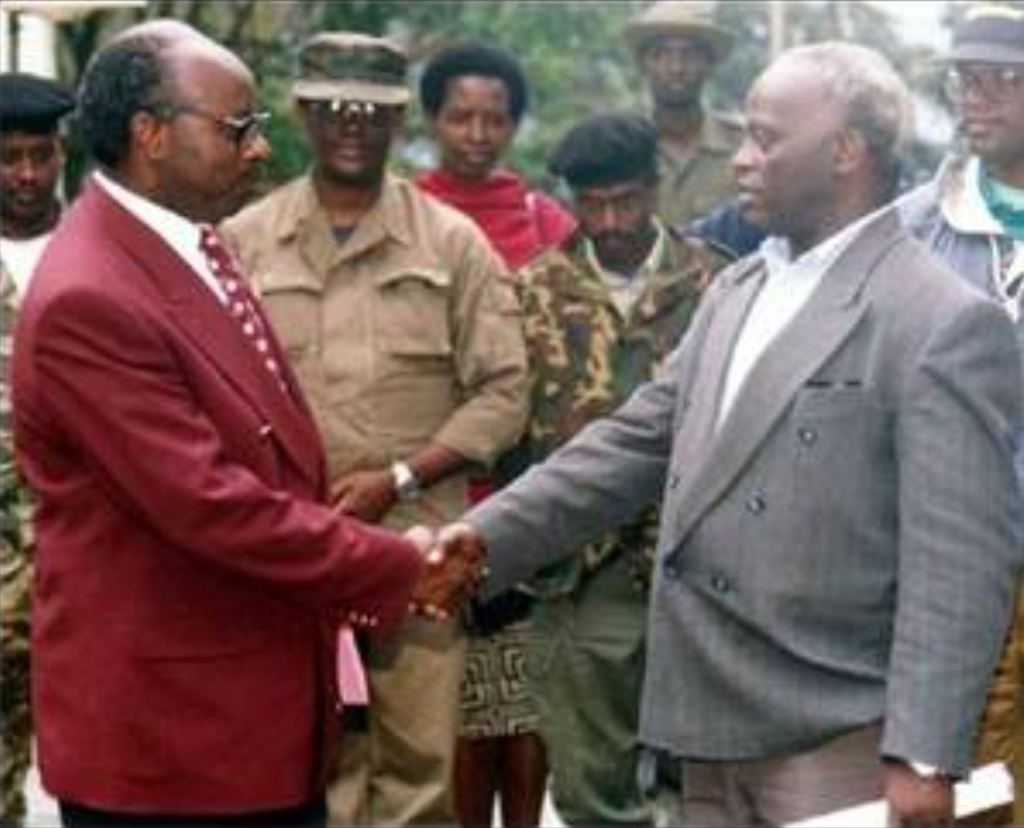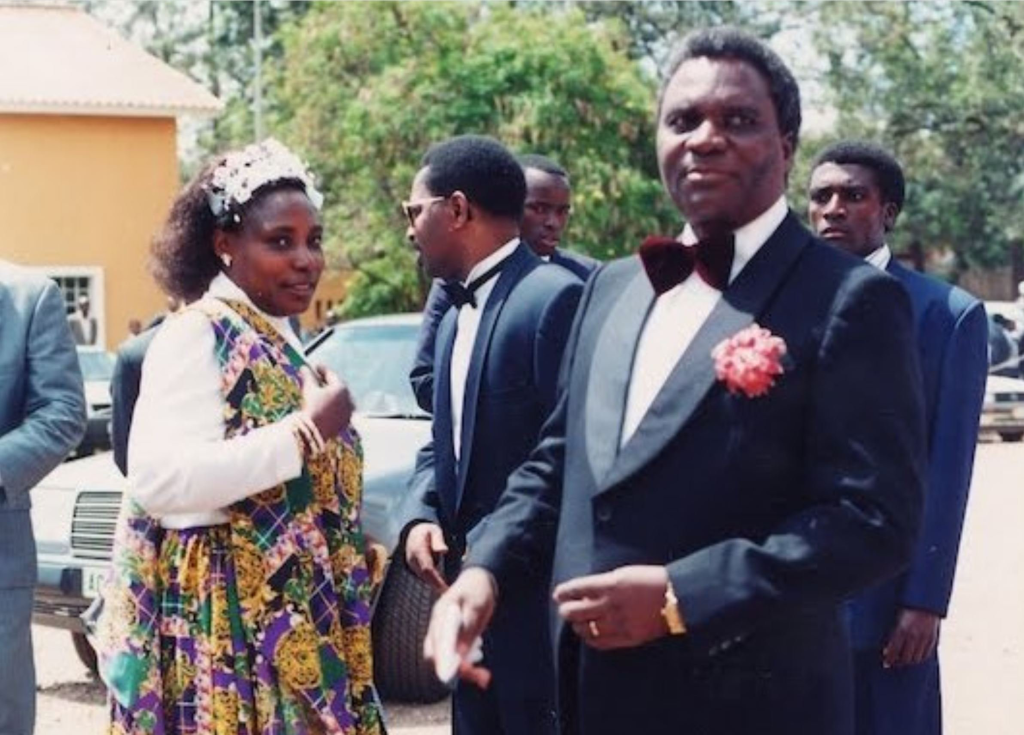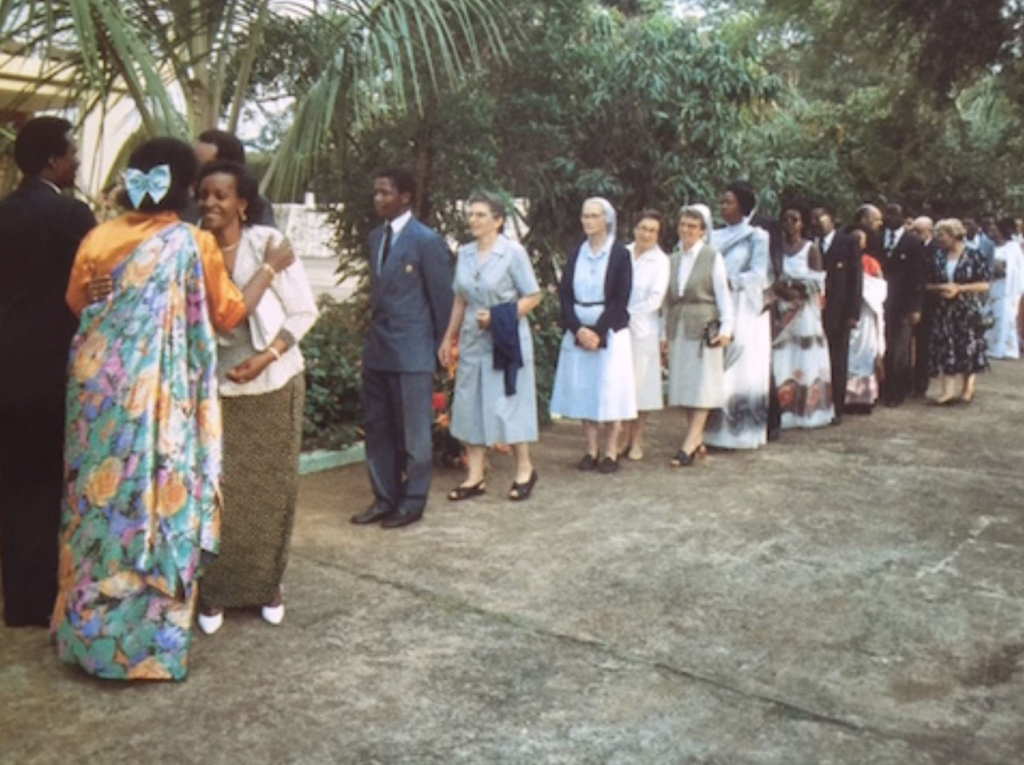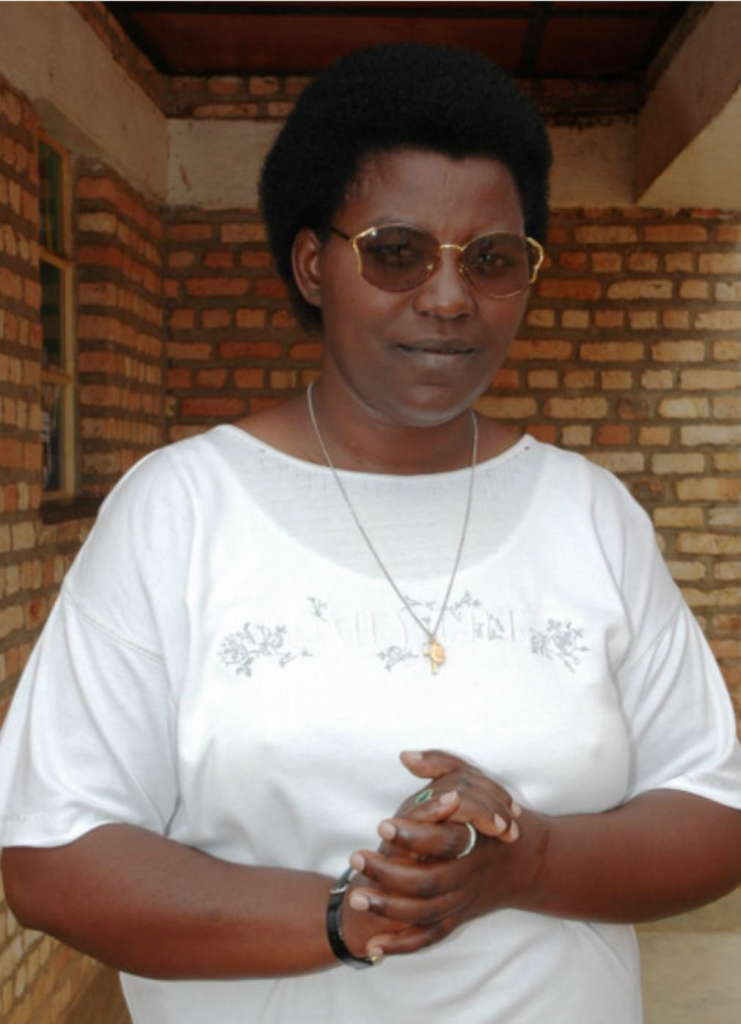In 1980, Major Théoneste Lizinde, who once held the formidable position of head of security within the Habyarimana regime in Rwanda, found himself plummeting from power. Accused of conspiring to orchestrate a coup d’état, alongside Alexis Kanyarengwe, one of the ‘July 5, 1973 comrades,’ Lizinde was apprehended in April 1980, marking the beginning of his downfall. Just as Magayane’s prophesies had foretold, Lizinde was incarcerated in the infamous Ruhengeri maximum prison, a place where he had previously detained others. Later that same year, in December, Alexis Kanyarengwe sought refuge in Tanzania. The year 1981 witnessed the commencement of the trial against Lizinde and 46 co-defendants, including Adjudent Chef Butsitsi, in Ruhengeri. They faced charges connected to their involvement in the coup attempt. Lizinde and Alphonse Ndegeya, perceived as the architects behind the plot, initially received death sentences. President Habyarimana commuted these sentences to life imprisonment in 1982. However, in 1985, Lizinde faced yet another trial, this time accused of orchestrating the assassination of the former president Grégoire Kanyarengwe and other politicians from his government, resulting in another death sentence. In a surprising turn of events, during the night of January 22-23, 1991, RPF Tutsi rebels launched a daring attack on Ruhengeri, liberating 1,780 detainees, including Théoneste Lizinde, from the high-security prison. Lizinde subsequently aligned himself with the RPF in Uganda, marking an unforeseen shift in his journey from the pinnacle of power to exile and rebellion. He would later return with the RPF as they assumed control in Rwanda. However, he ultimately fled again to Kenya, where he met a tragic end, completing the prophecies that had cast a shadow over Théoneste Lizinde’s tumultuous life.




